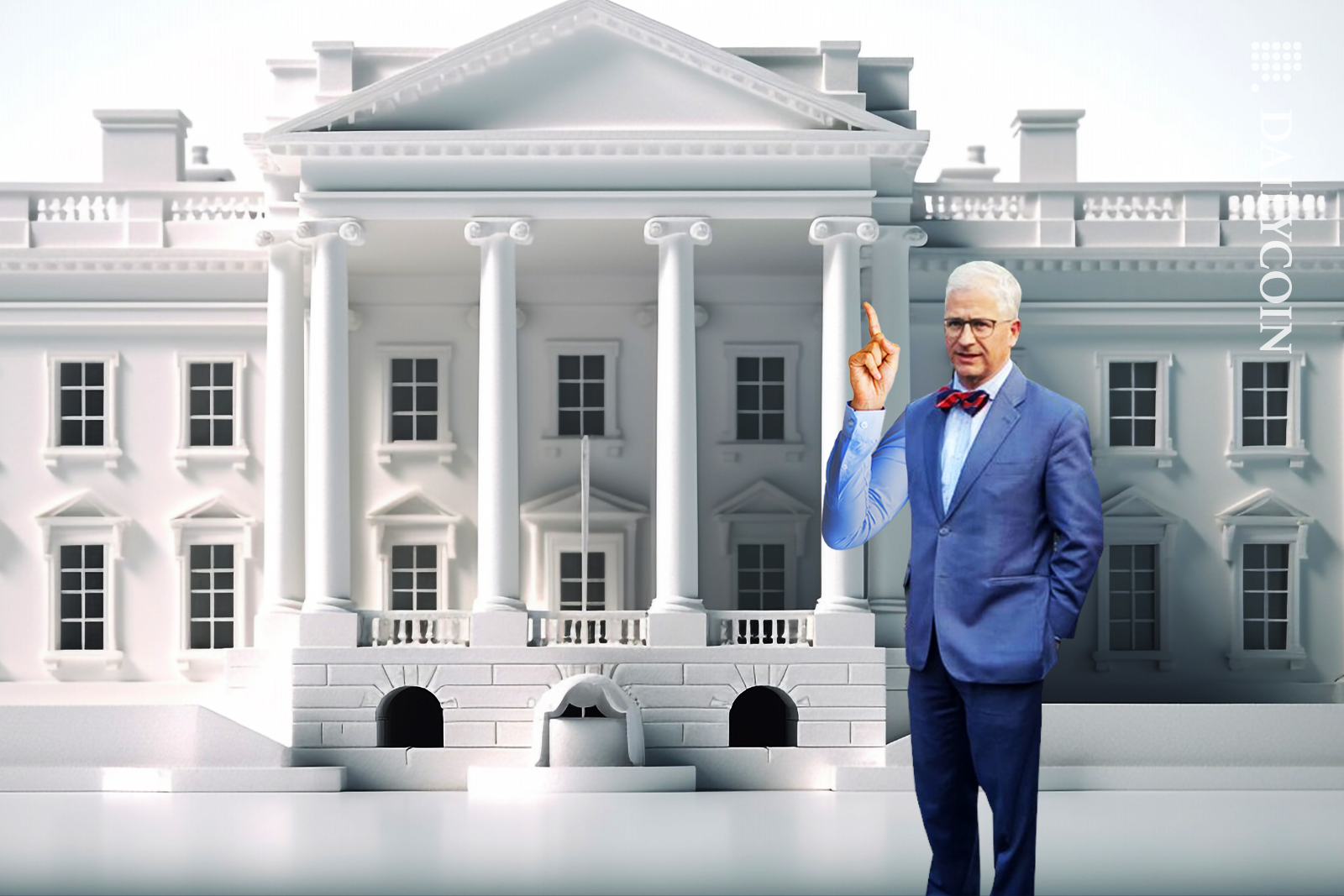
- The US House has passed a comprehensive stablecoin regulatory framework.
- Surprising bipartisan defections have been observed during the vote.
- Democrats’ strategic procedural maneuvers have stalled proceedings.
The House Financial Services Committee has passed a comprehensive regulatory framework for stablecoins within the United States. However, the process was far from smooth, as long-term bipartisan negotiations around the bill eventually broke down, resulting in a party-line vote.
Republicans and Democrats Clash on House Committee Bill
Patrick McHenry, the Chair of the House Financial Services Committee from the Republican party, pointed fingers at the White House for causing the impasse. Conversely, committee Democrats contended that the Republicans hastily pushed the process forward.
In the final tally, the committee approved the bill with a vote of 34-16. Interestingly, a few Democrats chose to defy their senior members on the panel and supported the legislation, adding to the unanimous backing from the Republican side. This voting pattern resembled yesterday’s vote on advancing the regulatory overhaul for the crypto market.
Bipartisan Crypto Bill on Shaky Ground as Democrats Stall Vote
Throughout the day, Democrats lodged their protest against the bill through a series of procedural maneuvers, seeking to slow down proceedings. They argued that Republicans should have waited until September to vote on the bill.
Sponsored
A bipartisan compromise on the legislation appeared promising just a week ago, but now its fate hangs in the balance, with uncertain prospects of resurrection.
Alongside the stablecoin regulatory framework, another crypto-related measure addressing self-custody through the panel faced resistance solely along party lines. This outcome indicates that its chances of becoming law are dim due to the current split control of Congress.
On the Flipside
- Republicans defended their decision to push the bill forward by claiming that delaying the vote could have led to further political maneuvering and potential dilution of the proposed regulations.
- The advancement of the crypto-related measure around self-custody, even on a party-line vote, could be seen as an attempt by some lawmakers to address the challenges of digital asset ownership and security.
Why This Matters
This development could shape the future trajectory of stablecoins and their impact on the broader crypto landscape, influencing how these digital assets are utilized, traded, and perceived by the general crypto public.
Sponsored
To learn more about the recent FOMC speech and its failed impact on the crypto market, read here:
Boring FOMC Speech and Predicted Rate Hike Fails to Stir Crypto Market
Curious about how stablecoin regulation brought bipartisan members of Congress together? Find out more by reading here:
Stablecoin Regulation Unexpectedly Unites Bipartisan Congress
